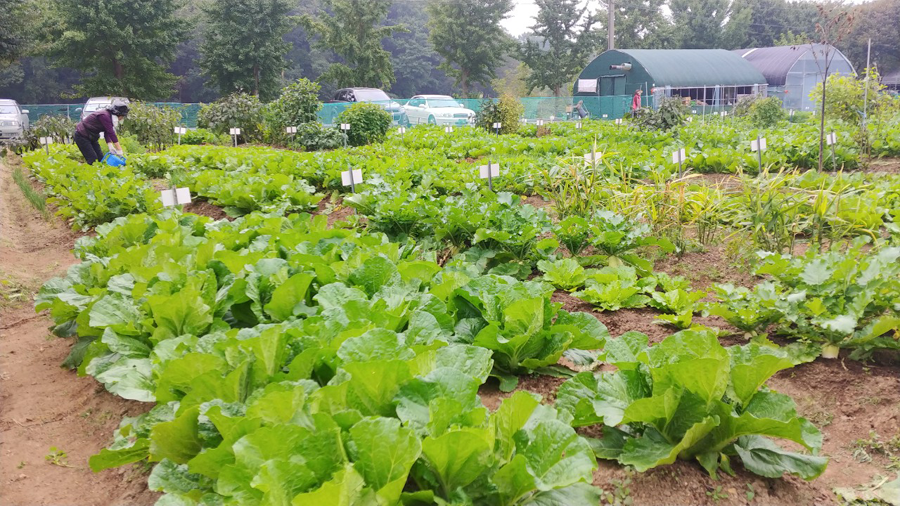
Urban farming is experiencing a renaissance, driven by a growing awareness of sustainability, food security, and community well-being. But what exactly is sparking this trend, and why are more people embracing urban agriculture?
The Rise of Urban Farming
Urban farming refers to the cultivation of crops and raising animals within and around cities. This includes community gardens, rooftop farms, vertical farming, hydroponics, and even urban livestock. While the concept of urban farming is not new—ancient civilizations practiced it to support their urban populations—modern urban farming has evolved significantly. Today, it is propelled by advancements in technology, increased environmental consciousness, and the urgent need for sustainable solutions in densely populated areas.
Dr. Dickson Despommier, a leading advocate for vertical farming and Professor Emeritus at Columbia University, explains, “Urban farming is about reimagining how we use space in cities. It’s not just about growing food—it’s about creating sustainable ecosystems within urban environments.”
Benefits of Urban Farming
Urban farming offers numerous benefits that contribute to its rising popularity:
- Environmental Sustainability
Urban farming helps reduce the carbon footprint by minimizing food transportation distances and promoting local food production. It also contributes to urban green spaces, which can help mitigate the urban heat island effect and enhance biodiversity. - Food Security
Urban farming addresses food deserts by providing fresh, locally grown produce in areas with limited access to healthy food. This is especially crucial in low-income neighborhoods where residents often lack access to fresh and affordable fruits and vegetables.Karen Washington, a food justice advocate and co-founder of Black Urban Growers, emphasizes, “Urban farming is not just about growing food—it’s about growing communities. It empowers people to take control of their food sources and build healthier, more equitable neighborhoods.” - Economic Opportunities
Urban farming creates jobs and supports local economies. It provides opportunities for small-scale entrepreneurs and can stimulate local food-related businesses such as markets, restaurants, and food delivery services. - Community Engagement
Community gardens and urban farms foster social interaction and community building. They offer educational opportunities, promote healthy eating habits, and create a sense of ownership and pride among residents.

Challenges and Innovations
While urban farming offers many benefits, it also faces challenges that need to be addressed for its continued growth:
- Limited Space
Finding suitable land for urban farming can be challenging in densely populated cities. However, innovations such as vertical farming, rooftop gardens, and hydroponics are helping to overcome this obstacle by maximizing space usage. - Initial Costs
Setting up urban farms can be expensive, especially with the need for specialized equipment and technology. Financial support from local governments and private investments can help mitigate these costs. - Regulatory Hurdles
Navigating zoning laws and regulations can be complex for urban farmers. Advocacy and collaboration with local governments can pave the way for more supportive policies and regulations. - Knowledge and Skills
Urban farming requires specific knowledge and skills that may not be readily available in urban communities. Educational programs and workshops can equip aspiring urban farmers with the necessary expertise.
Nate Storey, co-founder of Plenty, a leading vertical farming company, notes, “Technology is the key to overcoming the limitations of urban farming. With advancements in AI and automation, we can grow more food in less space, using fewer resources.”
The Future of Urban Farming
Urban farming is more than just a trend; it is a sustainable solution that addresses some of the most pressing challenges faced by modern cities. As urban populations continue to grow, the importance of integrating agriculture into urban planning becomes increasingly clear. By embracing urban farming, cities can enhance their resilience, promote sustainability, and improve the quality of life for their residents.
The future of urban farming looks bright, and its popularity is set to continue rising as more people recognize its potential to transform urban landscapes. With continued innovation, collaboration, and community support, urban farming can pave the way for greener, healthier, and more sustainable cities.


